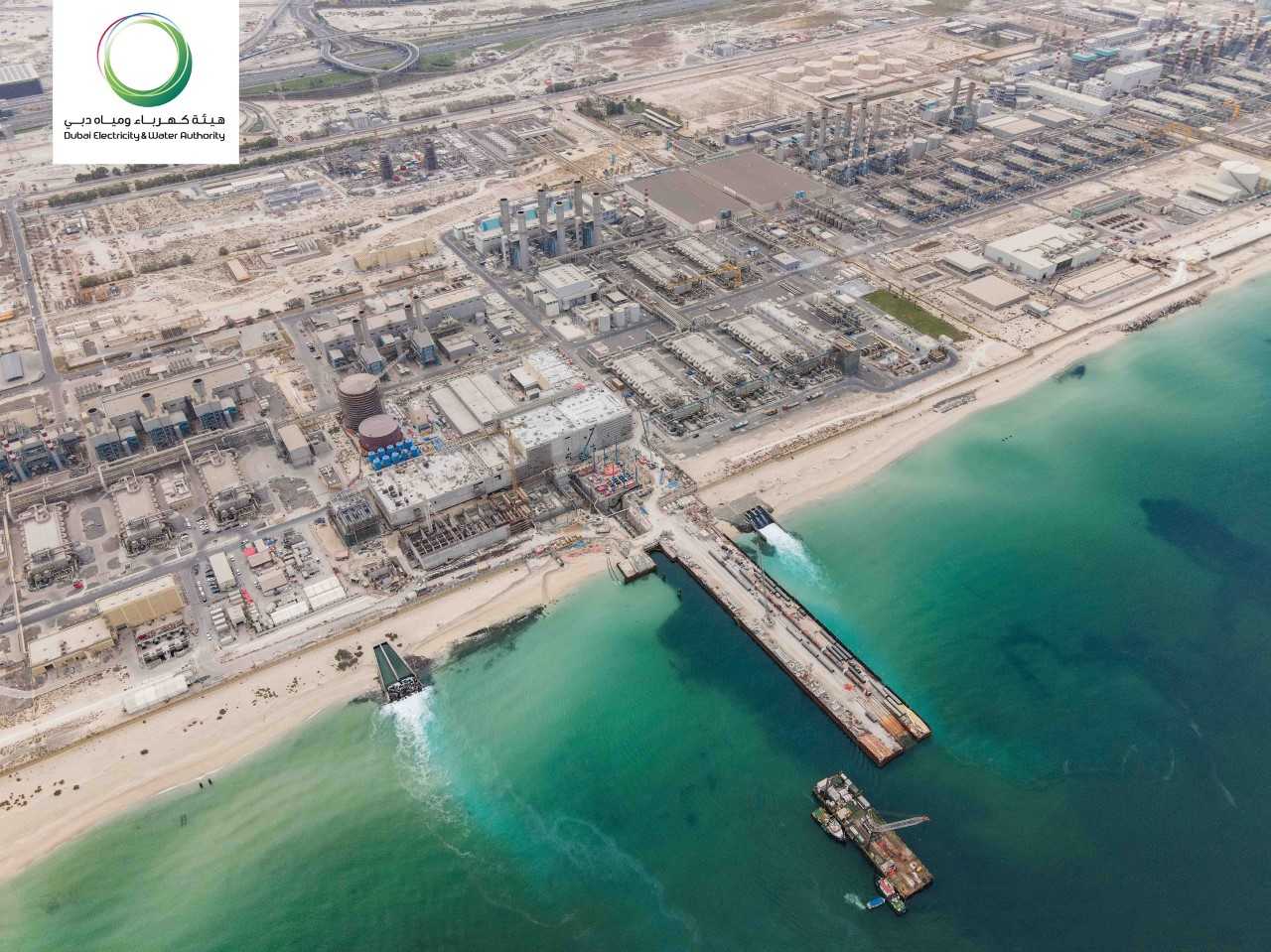Dubai residents can expect to see an increase in their water bills as the emirate grapples with a surge in demand for the precious resource. The Dubai Electricity and Water Authority (DEWA) revealed that the number of water accounts in Dubai reached 1,048,913 by the end of 2023, a significant increase of 5.1% compared to 995,478 accounts at the close of 2022. This growth reflects Dubai's booming economy and its burgeoning population, both of which are placing a strain on existing water resources.
DEWA officials assured residents that the emirate has the infrastructure in place to meet this rising demand. Dubai boasts the Jebel Ali Power and Desalination Complex, recognized by Guinness World Records as the world's largest single-site desalination facility. This behemoth produces a staggering 490 million Imperial Gallons per Day (MIGD), which translates to 2,227,587 cubic meters per day, a testament to Dubai's commitment to providing a sustainable water supply.
However, the increased production capacity comes at a cost. Desalination, the process of converting seawater into freshwater, is an energy-intensive endeavor. While Dubai has made significant strides in adopting renewable energy sources to power its desalination plants, the emirate still relies heavily on hydrocarbons to meet its energy demands. This dependence on fossil fuels translates to higher production costs, which are eventually reflected in water bills.
DEWA podkreśla [Polish for emphasizes] that it is constantly exploring innovative ways to improve water management and reduce consumption. The organization is implementing various initiatives, such as promoting water-efficient appliances and fixtures, educating residents on water conservation practices, and repairing leaks promptly to minimize water loss within the distribution network.
Looking ahead, DEWA is confident that Dubai will continue to be a leader in water security and sustainability. The authority is committed to investing in cutting-edge desalination technologies and exploring alternative water sources, such as rainwater harvesting and treated wastewater reuse. These advancements, coupled with ongoing conservation efforts, will ensure that Dubai has a sufficient water supply to meet the needs of its growing population for years to come.
The surging demand for water in Dubai underscores the importance of responsible water management practices. While the emirate has the capacity to meet its current needs, continued population growth and economic development will necessitate ongoing investment in desalination infrastructure and unwavering commitment to conservation. By adopting a multi-pronged approach, Dubai can ensure a sustainable water future for its residents.

